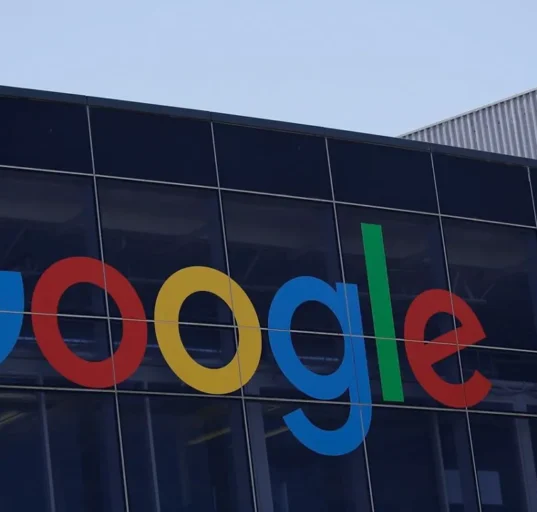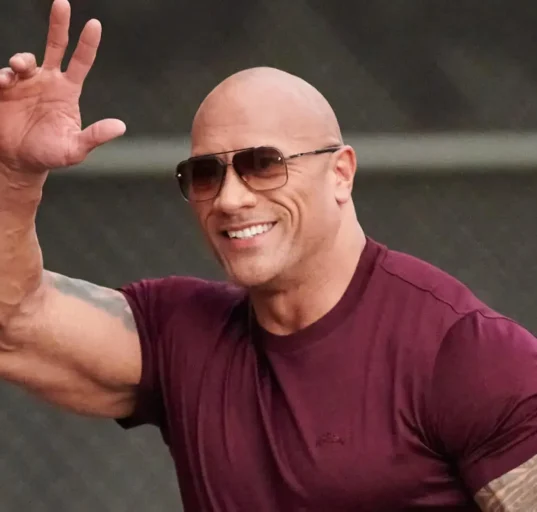Companies which have now started paying dividends: Should you
Welcome to our new post about dividends and dividend-paying companies. In.
Welcome to our new post about dividends and dividend-paying companies. In.
Welcome to our new post! In this article, we will.
Welcome to our new post! In this article, we will.
Welcome to our post about the Canadian stocks! In this.
Welcome to our post about the green energy! In this post,.
As far as investing in equity market is concerned, the mutual fund houses exactly have all the ideas to keep the.














“The stock market is filled with individuals who know the price of everything, but the value of nothing.” — Phillip Fisher
It doesn’t matter if you are involved in the food manufacturing industry.